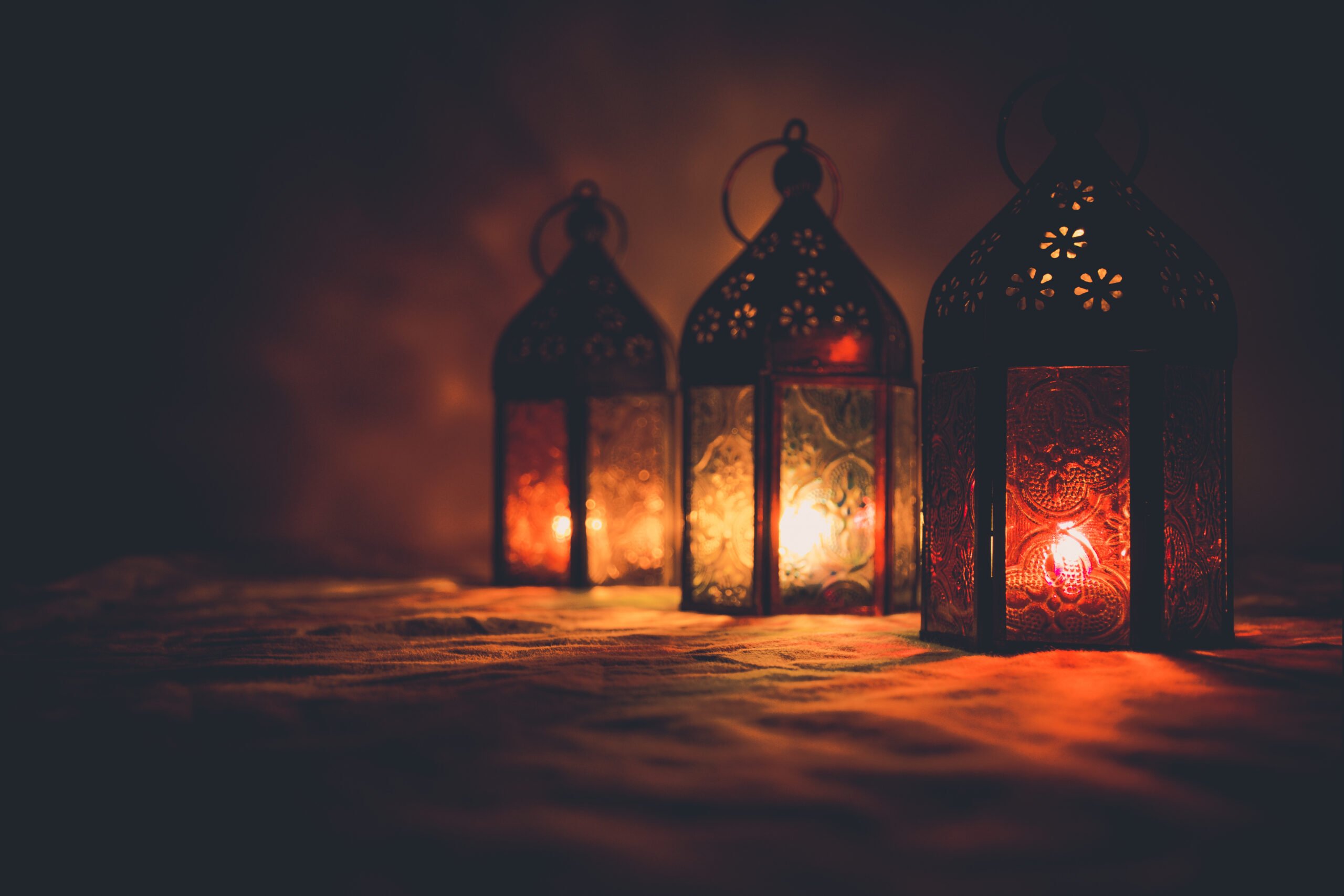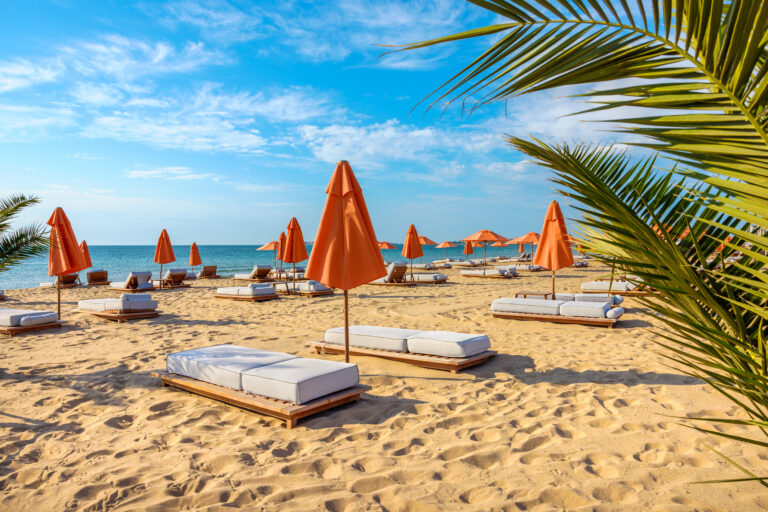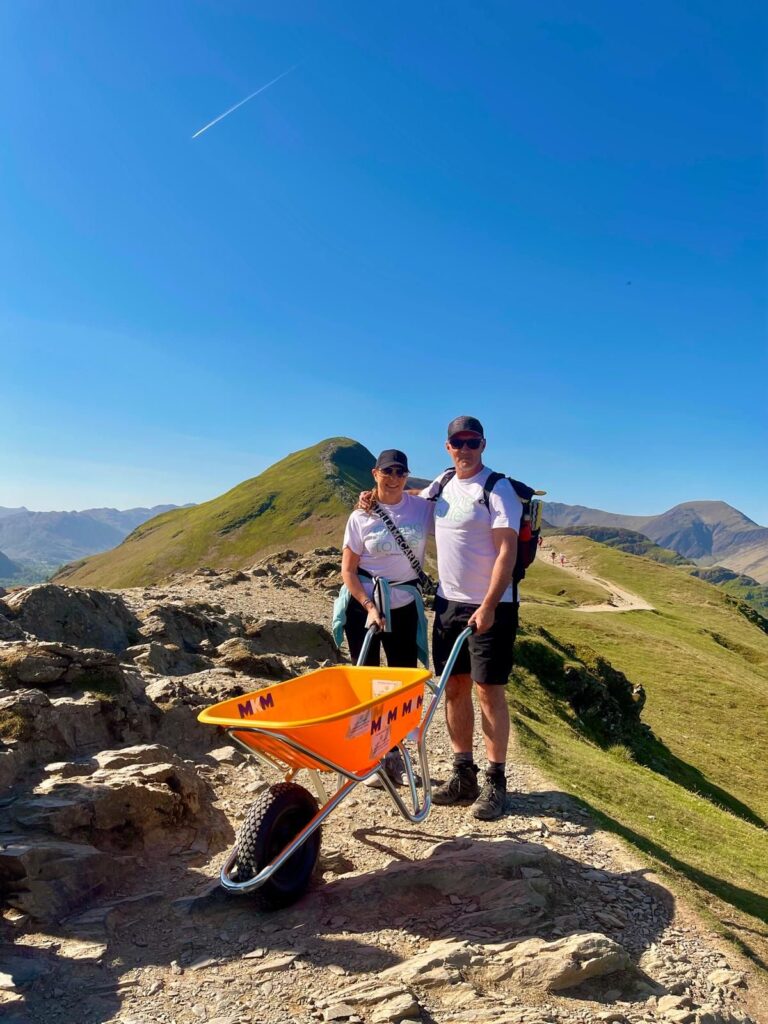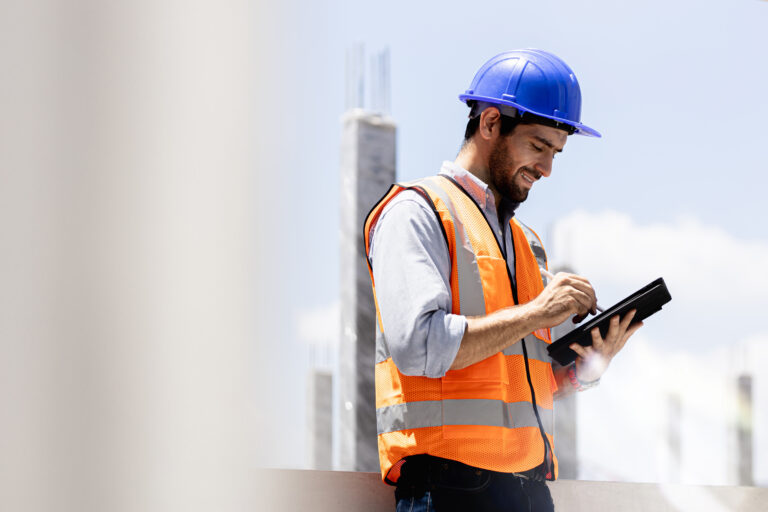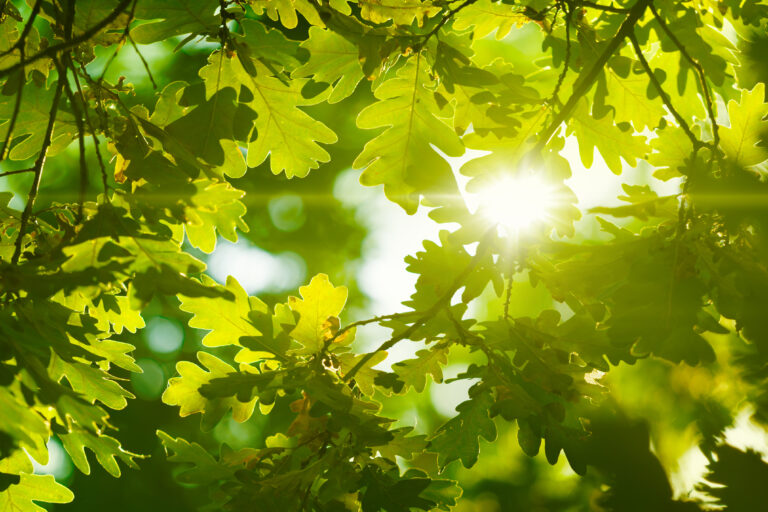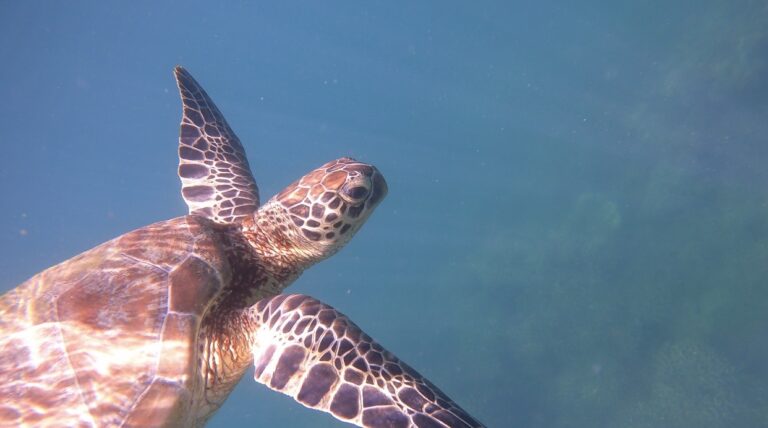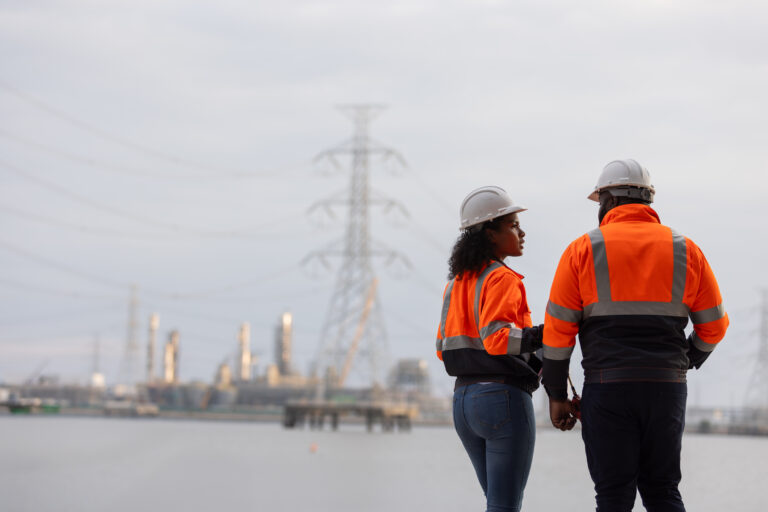Eid Ul–Adha
by Zen Family Member, Mohammad Thahsin – Graduate Sustainability Consultant
Eid ul-Adha, or the Feast of Sacrifice, is unique for all Muslims and is in the 12th month of the Islamic calendar. This year it will occur on Wednesday the 28th/ Thursday the 29th of June. This is the bigger of the two Eids and takes place right after the days of Hajj (Pilgrimage). Understanding the importance of Eid as well as Hajj in a Muslim’s life is important. Hajj is one of the five pillars of Islam, and every Muslim must complete the pilgrimage at least once in their life when they are able to.
What is Hajj?
As mentioned above, Hajj is the major pilgrimage to Makkah for Muslims and needs to be done at least once in their lifetime. There are many practices and rituals that are undertaken as acts of worship but the majority of them come from the practices of the Prophet Ibrahim (Abraham) peace be upon him and his family.
The day before Eid is the day of Arafat when pilgrims stand on the plains of Mount Arafat for the whole day making prayers to Allah and asking for forgiveness. Muslims across the world join in with this, even if they are not going on pilgrimage, by fasting on this day and making their own prayers for success and forgiveness.
History of Eid ul-Adha
Once again, this celebration originates from the practices of the Prophet Ibrahim, and it honours the intention when he had a dream which was a message from Allah asking him to sacrifice his son Isma’il (Ishmael) as an act of obedience to God. Father and son firmly believed in their Creator and were willing to go to the utmost lengths to fulfill this command. However, at the last minute, Ismail was replaced with a lamb, and this was sacrificed instead.
What happens on the day of Eid?
Muslims first celebrate by attending the Eid prayer with their local community, whether it’s outside in a park or in the masjid, or even at home. They dress in their best clothes and thank Allah for all the blessings they have received. They bond as a community, give greetings of peace, and share their love for each other.
Muslims will also celebrate Eid by sacrificing an animal like a sheep, cow, goat, or even camel. This animal meat is then split into 3 parts and given to friends, family, and poor people to express love, and generosity, and cherish the act of giving. Eid is then celebrated for a further 3 days and is a time of festivities and glorifying the praises of God.
How can you support and get involved?
It is really easy to be involved on the days of Eid. The key aspects are of course open communication, an eagerness to learn, and allowing annual leave/flexible working hours during these days. Here are my top tips to support your Muslim colleagues.
- Celebrate Eid Al-Adha at the workplace – This can be as easy as wishing them Eid Mubarak (Eid Mu-ba-rak) or even going the extra mile and decorating workstations, enjoying this time with colleagues, and learning more about the traditions.
- Allow time off at Eid Al-Adha – As mentioned above, this is a time when Muslims should bond with family and loved ones so allow annual leave requests and flexible working hours.
- Share Eid Al-Adha gifts – Charity is one of the main aspects of Islam and is reflected within these days of Eid. Give gifts to your Muslim colleagues or support those less fortunate around you within your community.
- Educate and Learn – Be proactive in engaging with others and understand the reasons why Muslims do certain acts, and this can help challenge misconceptions and discrimination.
- Show love and appreciation – This is something which should be done continuously within a workplace, but Eid is a special time where you show your appreciation to your colleagues and genuinely understand them and their religion and culture.
